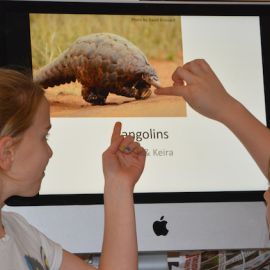
by Jennifer Calkins
When I first started working on an article for World Pangolin Day (which takes place every third Saturday of February), I did not realize how few people even knew pangolins existed. As an evolutionary…
Read more
by Barbara Fraser
When it comes to wildlife protection, the most photogenic species — such as polar bears, dolphins and pandas — seem to attract the most attention and conservation dollars.
Read more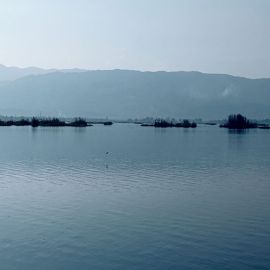
by Mohit Raj
Picture a lake where massive landmasses covered in shaggy green vegetation naturally generate over its surface. They have no base, yet still become so dense that they can bear not only the load of occupants,…
Read more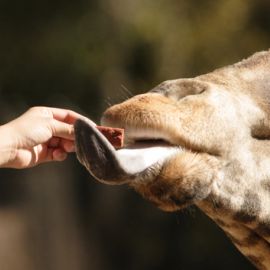
by Nathan Woosley
Four years ago, I was living with a couple of friends in Shenyang, Northeast China. We spent a lot of our time exploring old ruins, knockoff shops and other tourist traps throughout the industrial city.…
Read more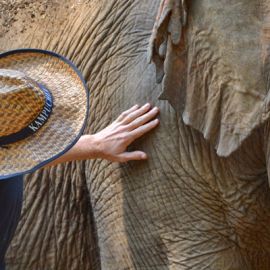
by Jonathan Whittle-Utter
Returning to the question at hand—why a massage therapist would be interested in researching human-elephant communication? The answer relates to the primacy of touch. Touch is the primal arena of connection…
Read more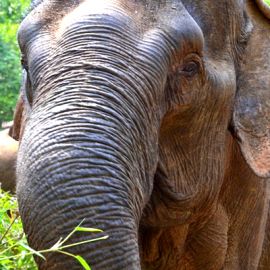
by Jonathan Whittle-Utter
The sanctuary rests in an open jungle valley in the remote Mondulkiri province of Northeast Cambodia. Like the rest of the country, Mondulkiri is undergoing rampant deforestation, a tremendous threat to…
Read more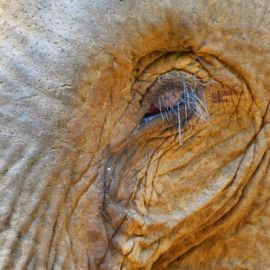
by Jonathan Whittle-Utter
About three years ago I decided pursue a PhD in somatic psychology. I'd spent the last few years establishing a healthy massage therapy practice in Los Angeles, and although the bodywork was rewarding…
Read more
by Georgia Woodroffe
Household Air Pollution (HAP) affects more than three billion people — almost half of the world’s population. The U.S.-based non-profit The Himalayan Stove Project, founded by George Basch, provides free,…
Read more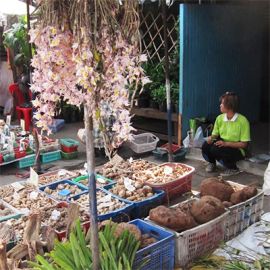
by Hannah Watson
Commercial trade of wild-collected plants is restricted in most countries. Orchids, in particular, are often subject to intensive harvesting as medicinal and ornamental plants, even though the international…
Read more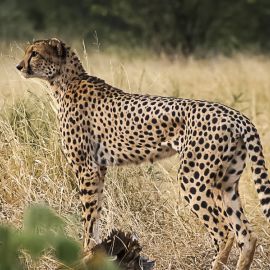
by Sarah Abdelrahim
Ecoreporter Sarah Abdelrahim interviews Dr. Laurie Marker of the nonprofit, A Future for Cheetahs, to gain insight on the global cheetah population, the key drivers in their decline, and recent successes…
Read more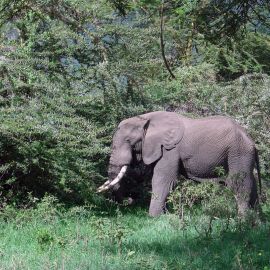
by Patty Shenker
In Africa, an elephant is killed every 15 minutes for his/her ivory. A normal day in countries like Rwanda or Zimbabwe ends up with about 96 elephants killed, all illegally, as the international trade…
Read more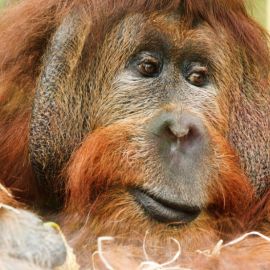
by Kathryn Pardo
Recently, thanks in part to the work of Voices for Biodiversity, monstrous, forest-chomping companies like Asia Pulp and Paper and their relatives in the palm oil industry, Golden Agri Resources, both…
Read more
